
Qantas: Project Sunrise – threat to hire low-cost pilots
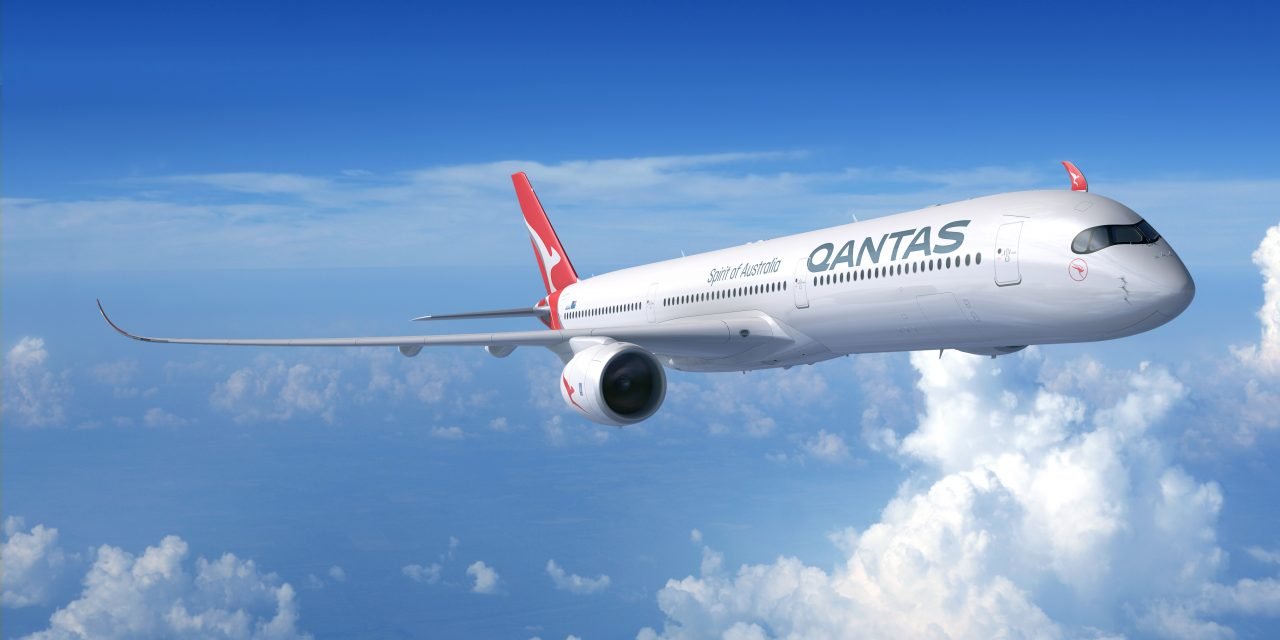
Qantas has never been a shrinking violet when it comes to industrial negotiations. Remember, they grounded the entire airline to force their staff to take a pay cut back in 2011.
Content of this Post:
Project Sunrise to get the go-ahead
This groundbreaking project to fly non-stop from Australia’s east coast to London Paris and New York, and possibly Frankfurt, Cape Town and Rio de Janeiro are set to be green-lighted. All Qantas needs to do is:
- Confirm its Airbus 350-1000 order
- Gain regulatory approval
- Agree with Pilots on crewing
Ok, there are a few other things to do like landing slots in some of those destinations and sorting out the interiors of the planes, but they have longer windows for completion.
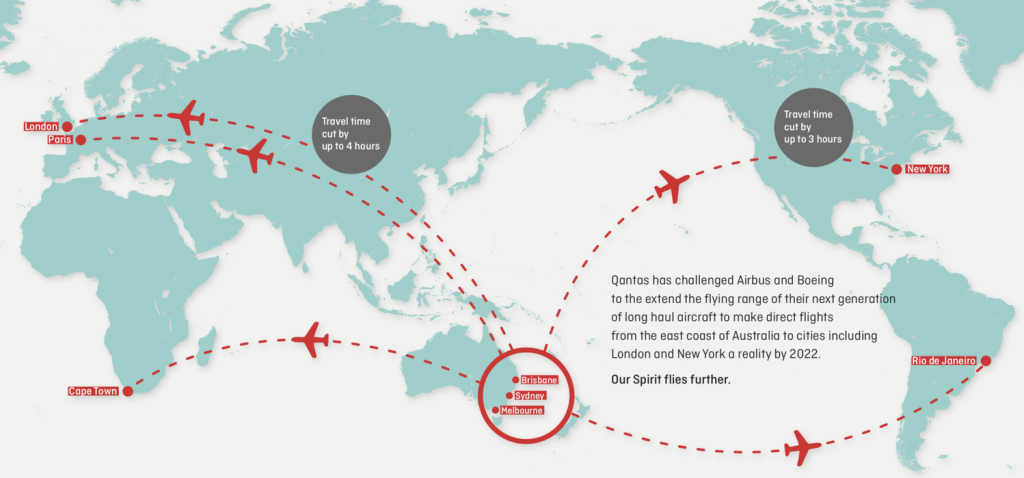
A350 Order deadline
In order to start Project Sunrise by early 2023, Airbus requires Qantas to confirm their order for twelve A350-1000s with extra fuel tanks and an increased maximum takeoff weight by 31 March 2020. And Qantas doesn’t want to do that until it has sorted out the crewing issue.
“Airbus extended the delivery slots one last time once they knew they were the preferred supplier, but they are not willing to continue their exposure beyond that point,”
Tino La Spina, Qantal International head
Personally, I bet there are a couple of months leeway on this decision, but Qantas is not letting on.
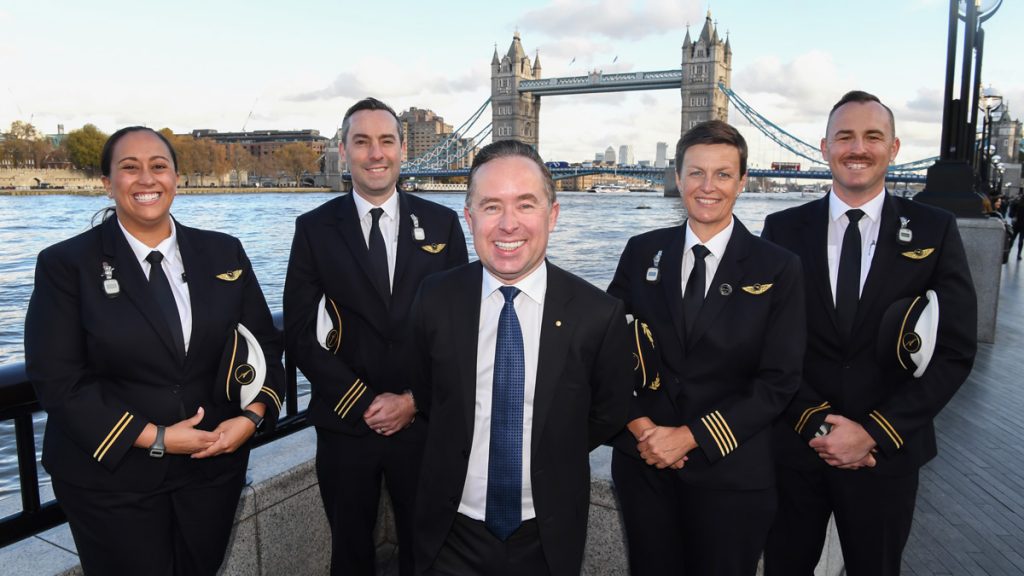
Qantas ups the anti
Well following that style of quiet compromising negotiation, Qantas has threatened to pilot their Project Sunrise flights outside the International pilots union.
Let’s take a step back. Qantas is claiming that they need certain ‘efficiencies’ from their pilots crewing the Project Sunrise planes and to conclude a new long-haul EBA10. These include:
- Pilots that work across A330 and A350 models
- The number of pilots and rank per flight – given these are ultra-ultra-long 20+ hour flights.
- Pay scales for these pilots – what penalties for the ultra-ultra long flights?
So far, they have not been able to come to an agreement on these issues, so what does Qantas do? It threatens to replace the Pilots union (AIPA) on these routes, or go directly to pilots for a vote, without the unions backing. La Spina is further promising that if they don’t win the vote, then Qantas will form a new lower-cost pilot group.
On the plus side, Qantas is offering about a 5% increase on what they pay pilots flying B787s.
The stumbling block is pay rates for junior pilots
Qantas wants to reduce the pay of the most junior pilots, second officers, and the AIPA is really not happy with that. Let’s have a look at the base pay rates Qantas is offering.
- Captains = AU$395,000/year
- First Officers = AU$261,000/year
- Second Officers = AU$129,000
According to some sources, Qantas is willing to increase the crewing by one Second officer, which gives them a reason to want to keep their pay down.
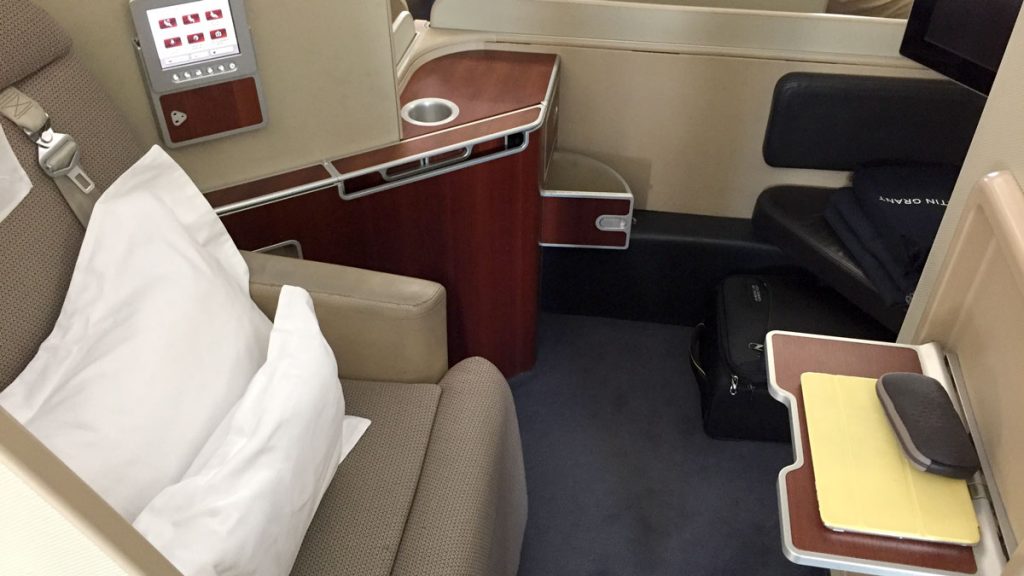
2PAXfly Takeout
The current stance by Qantas is aggressive and public. In their dispute with pilots at Jetstar, they have even started making moves to sell off aircraft, with the implied threat that would leave dozens of pilots without a job.
The AIPA despite some of its quite stubborn stances in the past (take 2011 as an example, has been less public, merely reprinting (with permission) parts of an article written for the Australian Newspaper by Robyn Ironside, including comments such as:
“Project Sunrise involves multiple safety and regulatory issues that AIPA on behalf of pilots has been working through and will continue to do so in the interests of the travelling public.”
Mark Sedgwick, AIPA President
I am not going to take sides on this one, as I see it as posturing within the negotiations, the details of which the public is not privy to. However it is interesting that Qantas has changed its stance, from we are not even sure this project is going ahead to a more: this is a vital project for us, so we will even go around the pilots union if we have to.
Oh, and Qantas – didn’t the head of Boeing make a statement that the global pilot shortage was ‘one of the biggest challenges’ facing the airline industry only last year? United is even starting a flying school to help combat the shortage. Maybe Qantas thinks it can combat the shortage with its own flying academy.



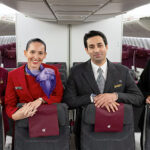
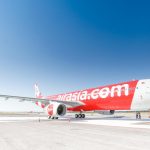
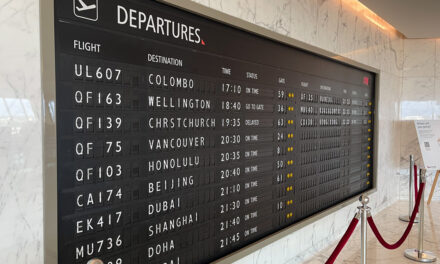
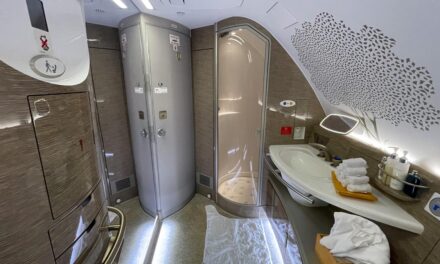

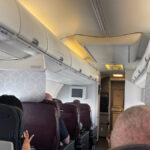



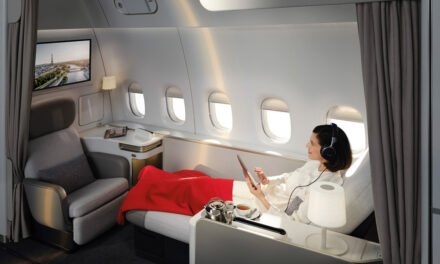
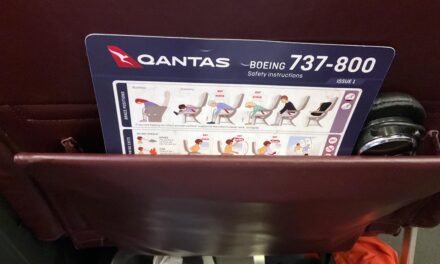
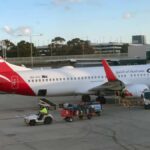

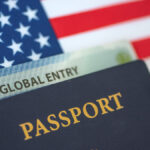


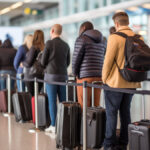
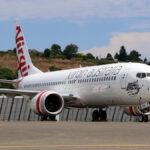

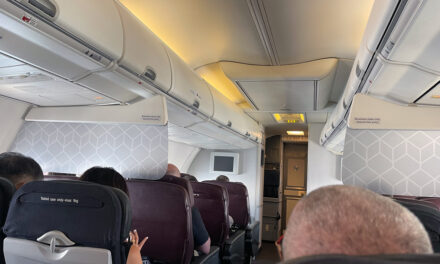



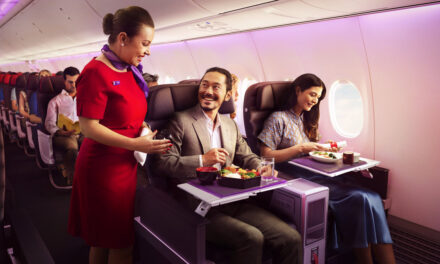
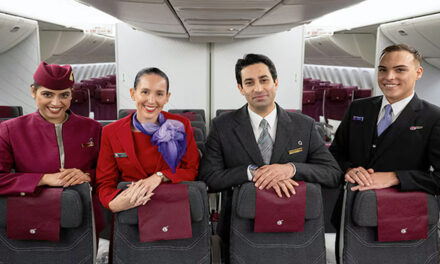






What did you say?